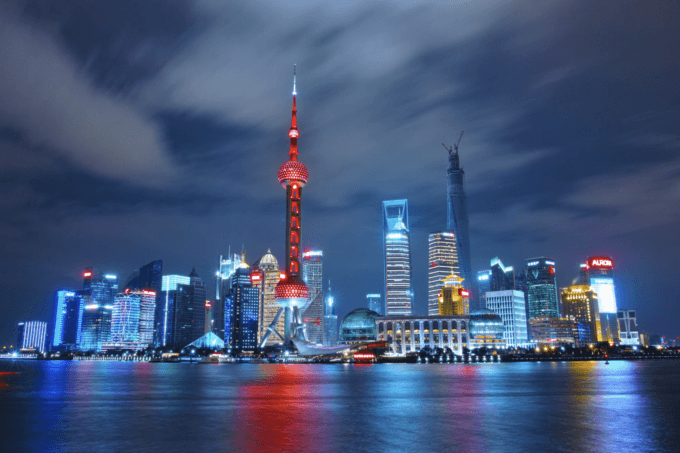by GRANT INSKEEP

“China has entered an ‘Age of Sarcasm’. Anywhere outside of state-sponsored parties, entertainment shows, or the comedies and skits on television, China’s rulers and official corruption have become the main material for the sarcastic humor that courses through society. Virtually anyone can tell a political joke laced with pornographic innuendo, and almost every town and village has its own rich stock of satirical political ditties. Private dinner gatherings become informal stage shows for venting grievances and telling political jokes; the better jokes and ditties, told and retold, spread far and wide. This material is the authentic public discourse of mainland China, and it forms a sharp contrast with what appears in the state-controlled media. To listen only to the public media, you could think you are living in paradise; if you listen only to the private exchanges, you will conclude that you are living in hell. One shows only sweetness and light, the other only a sunless darkness.”
— Liu Xiaobo
Since the victory of the Chinese Communist Party (CCP) over the Kuomintang (KMT) in the Chinese Civil War, and the subsequent retreat of the Republic of China (ROC/ Taiwan) to the island of Taiwan, the People’s Republic of China (PRC) has been the recognizable state of mainland China. During this time, China was certainly an independent actor forging their own destiny, but wasn’t really a player in the global arena at large, having been incorrectly viewed by Western intelligence agencies as a Soviet satellite or proxy. Reality was far different and much has changed the last 70+ years as China is now the second most powerful empire, the third largest in area (influence/hegemony), and the second strongest military power in the world.
China, like the US more than a century ago, is the clear rising power globally, whereas the US is much like the British were around the time of WWI—the most powerful empire in existence but in noticeable decline. China is also projected to become the largest economy in the world by 2030 in terms of GDP (gross domestic product). Although, in terms of PPP (purchasing power parity), which accounts for different services and costs in separate countries, China has already overtaken the US economy and became the worlds top manufacturer in the early 2010’s. This was a title the US had held since 1890. Let’s examine how this all unfolded and what the future could hold.
FRONTIER WARS & CONSOLIDATION OF POWER
Immediately after seizing power and creating the modern Chinese state, Mao Zedong immediately moved to invade Tibet and bring it under Sino control permanently. After the collapse of the Qing dynasty, there was a subsequent intermediary period where it had been a de-facto independent state. 40,000 Chinese troops effectively forced Tibet to surrender at gun point, although in China this is what’s called the “Peaceful Liberation of Tibet.” A phrase that Orwell could’ve easily predicted. China wanted Tibet for its natural resources and to militarize a strategic border with their rival India, an increasingly important geopolitical matter today.
Counterpunch for more
